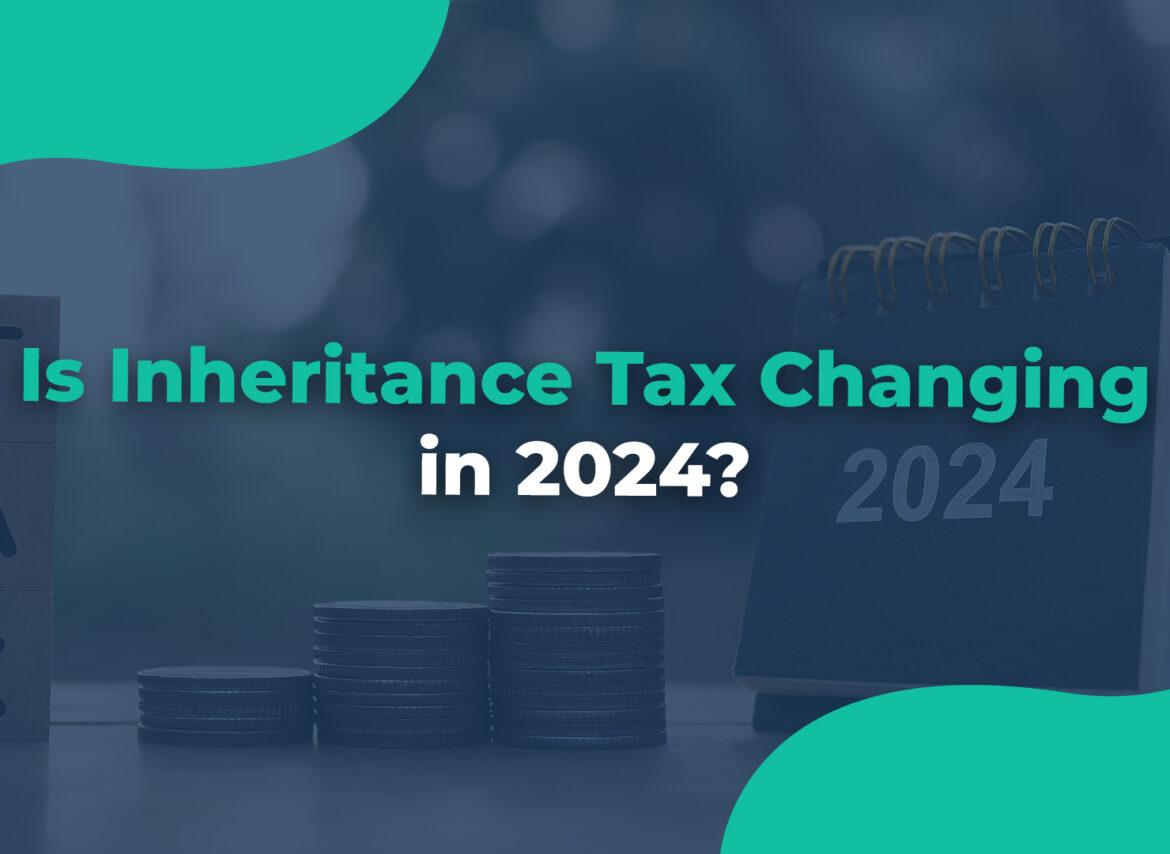Current Inheritance Tax Thresholds
Before we delve into the upcoming changes, let’s review the current inheritance tax thresholds that remain in effect for 2024:- Nil-Rate Band: The standard threshold for inheritance tax stands at £325,000. Estates valued below this amount are not subject to inheritance tax.
- Residence Nil-Rate Band: If you pass on your primary residence to your children or grandchildren, the threshold increases to £500,000. This allowance is designed to alleviate the tax burden on family homes.
- Spousal Transfer: Married couples and civil partners can combine their thresholds. If one partner passes away without fully utilizing their allowance, the surviving partner can inherit this unused portion. This could potentially double the threshold to £1 million.
Upcoming Changes from April 2025
Starting in April 2025, significant reforms will shift the basis of inheritance tax from domicile status to tax residence. Here are the fundamental changes you need to be aware of:- Shift to Tax Residence: Under the new rules, individuals who have been UK tax residents for ten years will be liable for inheritance tax on their worldwide assets. This change marks a substantial departure from the current domicile-based system, which only taxes UK-domiciled individuals.
- 10-Year Tail: For individuals who become non-UK residents after being tax residents for ten years, a ‘10-year tail’ will apply. This means they will remain subject to inheritance tax on their worldwide assets for ten years, even after moving abroad.
- Impact on Trusts: From April 2025, non-UK assets held in excluded property trusts (EPTs) will also come under the inheritance tax umbrella. This applies to new and existing trusts, necessitating a reassessment of your estate planning strategies to avoid unexpected tax liabilities.
Planning and Advice
Given the impending changes, careful inheritance tax planning is more crucial than ever. Here are some strategies to consider:- Review Your Estate: Conduct a thorough assessment of your estate’s total value, paying close attention to how the new rules might impact it. This includes evaluating your worldwide assets and any existing trusts to ensure you understand how they will be taxed under the new regulations.
- Utilize Exemptions: Maximize available exemptions and reliefs, such as Business Property Relief (BPR), to mitigate your inheritance tax liability. As the new rules could expand tax exposure, leveraging these exemptions will be critical to your planning strategy.
- Seek Professional Advice: Navigating the complexities of the new inheritance tax rules is challenging, making it highly advisable to consult with professionals who specialize in inheritance tax planning. Experts can provide tailored guidance to help you adapt to these changes and ensure your estate plan is optimized for your specific circumstances.







